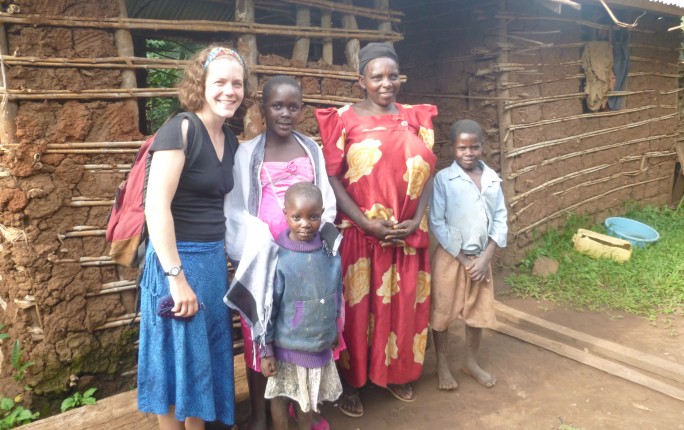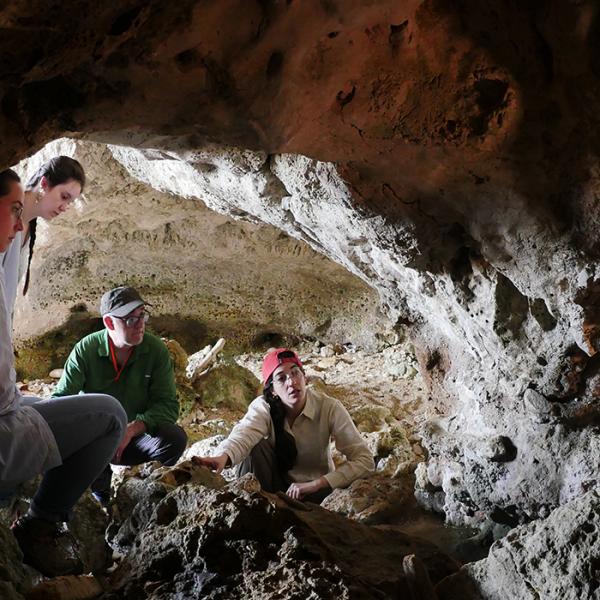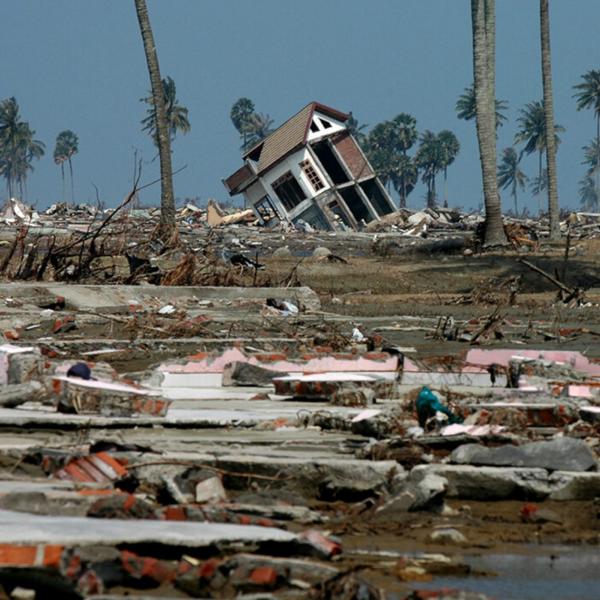Colleen Walsh Lang

My research explores the role of children in Uganda as social actors as they live with a highly stigmatized life-long illness (HIV/AIDS) and as they negotiate the process of reintegration in their local communities after prolonged institutional treatment. I examine how the process of institutionalization shapes their understanding of HIV/AIDS and investigate the ways in which children themselves define their illness, how this affects their social relationships and dreams for the future, and how they negotiate the social, economic and political situations and structures that shape their daily lives. Overall, the lived experience of children with HIV is underexplored in social science literature. As more and more children with HIV/AIDS receive life saving treatment with antiretroviral medications (ARVs), the need for ethnographic exploration becomes paramount.
I conducted this study over 14 months in central Uganda. I spent 10 months living at “Baaliro” (a rehabilitation home in East-Central Uganda specializing in treating children with AIDS). During this time, in addition to living at the center, I accompanied the social worker on follow up visits to children who had been reintegrated into the community and attended a weekly youth group for children affected by HIV.
This project aims to develop our understanding of the tensions inherent between vulnerability and agency. The vulnerability of children, especially sick children, is often emphasized at the expense of recognizing their active roles in shaping their communities and in the production and reproduction of culture. Children and caregiver’s vulnerability is contrast with their responsibility for accessing and taking treatment. Furthermore, this research builds upon the literature which situates illness as social disruption. Residential treatment may be understood as a liminal space in which children’s transition from sickness to health is accompanied by a transition from social marginalization to participation. This project seeks to explore the meaning of HIV’s transition from a uniformly fatal disease to a chronic manageable illness with the advent of effective treatment. Finally this project explores the role of the NGO in shaping children’s experiences.
Evaluating the efficacy of Baaliro as a treatment intervention for children living with AIDS will both be beneficial to the center and to policy makers looking to design future programs. Uganda has historically been held up as a model for its effective response to HIV and its successful programs are often emulated elsewhere. Despite these successes, the morbidity and mortality of HIV/AIDS have strained family networks beyond their capacity to support family members. The Ugandan government recognizes the collapse of family networks, but is concerned with the consequences of the subsequent increased institutionalization of children. Baaliro’s mission of reintegrating children is in keeping with the government’s goal of children being raised by families; however, the question remains whether and how Baaliro acts to mend the disruption in childhood that results from having HIV infection. Understanding what factors are important in facilitating a child’s return home and the ways children negotiate homecoming will enable organizations committed to reintegration to better prepare children for reintegration and provide them and their families with the tools to facilitate the process.



